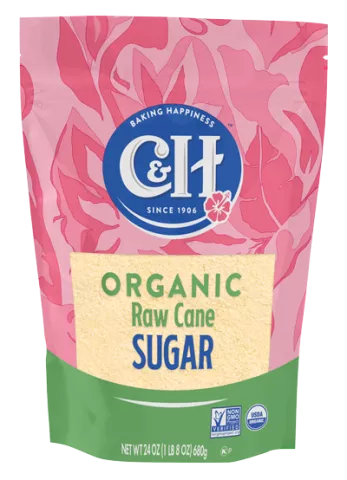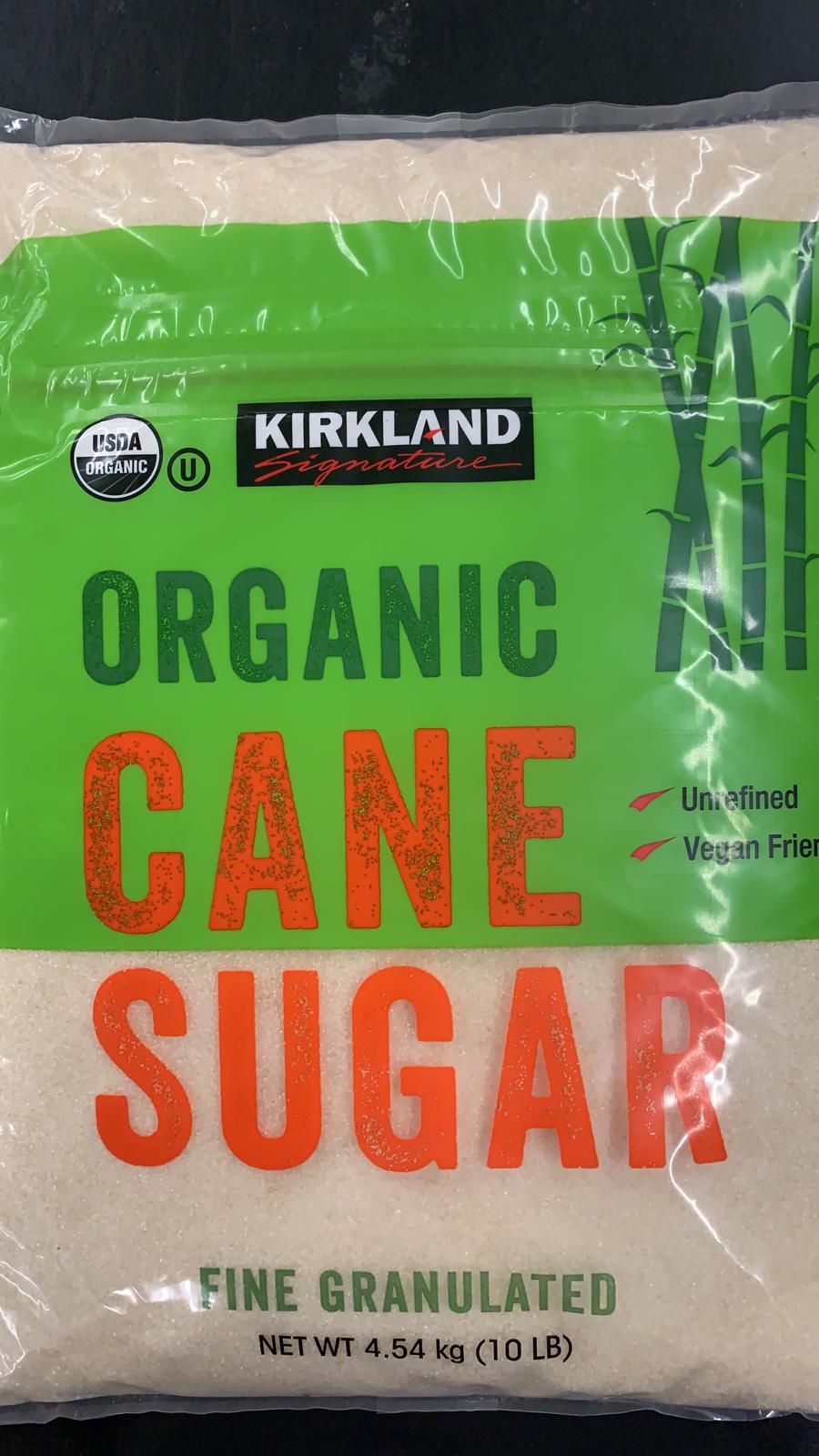A Comprehensive Overview of the Health And Wellness and Economic Implications of Walking Cane Sugar Handling on Local Areas
Walking stick sugar handling plays an essential role fit the financial landscape of local areas, providing employment possibility and stimulating ancillary sectors. Nonetheless, the health and wellness ramifications linked with high sugar consumption can not be overlooked, as they add to climbing rates of excessive weight and diabetes. This nuanced dynamic welcomes a vital examination of how communities can optimize economic gains while addressing journalism wellness difficulties they deal with. The expedition of lasting techniques and instructional efforts may simply hold the trick to reconciling these clashing interests. What strategies might communities execute to achieve this balance?
Financial Benefits of Cane Sugar Handling
Walking cane sugar processing provides substantial economic advantages that prolong beyond the immediate agricultural sector. The growing and processing of sugarcane develop countless task opportunities, from farming to production and circulation. This work generation not only sustains local economic situations yet likewise cultivates neighborhood growth by giving stable revenue sources for families.
Moreover, the sugar market boosts supplementary companies, consisting of transport, devices supply, and product packaging solutions (Cane Sugar Processing). As these sectors grow, they add to an extra robust financial structure, enhancing total neighborhood strength. The export potential of processed cane sugar further intensifies economic benefits, placing regions as affordable gamers in global markets
Investment in modern-day processing facilities can bring about increased efficiency and performance, thereby minimizing waste and enhancing source usage. This shift not only profits the local economic situation but also supports sustainability initiatives by decreasing environmental impacts.
In addition, the income produced from walking stick sugar handling can be reinvested in neighborhood infrastructure, education, and healthcare, promoting alternative area development. Generally, the economic benefits of cane sugar processing are diverse, giving a structure for sustaining prosperity in farming regions.
Health And Wellness Dangers Connected With Sugar Intake
Excessive sugar intake postures considerable health threats that necessitate major focus. High intake of included sugars, specifically from refined drinks and foods, has been connected to many health difficulties.
Furthermore, high sugar consumption is connected with heart disease. Elevated blood glucose levels can result in insulin resistance, a precursor to numerous heart-related concerns. Additionally, sugar can have detrimental impacts on oral wellness, resulting in tooth cavities and gum illness, as bacteria in the mouth prosper on sugar, generating acids that erode tooth enamel.
Moreover, emerging research study suggests a prospective link in between high sugar consumption and mental wellness conditions, such as depression and stress and anxiety. As communities face these health and wellness threats, it comes to be vital to promote understanding and encourage healthier dietary choices. Dealing with sugar intake is essential not just for private health yet additionally for the total well-being of regional neighborhoods, highlighting the demand for extensive public wellness strategies.
Environmental Influences of Sugar Production
Often ignored in discussions regarding sugar's effects is the significant environmental impact of sugar manufacturing. The growing of sugarcane typically requires substantial land usage, leading to deforestation, loss of biodiversity, and disruption of local communities. The conversion of forests and marshes into sugar ranches can lead to environment devastation, harmful many types and changing environmental balance.
Furthermore, sugar production is resource-intensive, consuming substantial quantities of water for watering. This can cause exhaustion of neighborhood water resources, negatively affecting both agricultural practices and neighborhood access to tidy water. Furthermore, using chemical fertilizers and chemicals in sugarcane farming can add to soil deterioration and water pollution, as drainage from these chemicals goes into close-by rivers and lakes, influencing water life and human health.
The ecological impact encompasses the processing phase, where energy consumption and waste generation further exacerbate environmental concerns. Air pollution from burning sugarcane areas, along with greenhouse gas exhausts, add to climate adjustment. Because of this, the ecological effects of sugar manufacturing warrant major factor to consider, resource urging stakeholders to adopt even more sustainable techniques to mitigate these damaging effects on neighborhood environments and communities.
Task Production and Area Growth
The ecological difficulties positioned by sugar production are often counteracted by its site link potential for economic benefits, specifically in task development and neighborhood growth. The walking stick sugar sector acts as a substantial source of employment in lots of backwoods, offering jobs across different skill degrees, from agricultural labor to processing and circulation duties. This work not just sustains individual families yet likewise contributes to the overall economic vitality of regional neighborhoods.
Additionally, the facility of sugar processing facilities stimulates secondary organizations, such as transportation solutions, devices supply, and maintenance suppliers. As these businesses prosper, they produce additional tasks and strengthen neighborhood economic situations. The earnings produced from the sugar industry additionally causes increased tax revenues, which can be reinvested into social work such as framework, education and learning, and healthcare development.
Furthermore, the sugar sector frequently involves in neighborhood development initiatives, such as supporting neighborhood institutions and health and wellness programs, thereby enhancing the high quality of life for residents. By promoting solid neighborhood connections and advertising financial growth, the cane sugar processing industry plays a vital duty in uplifting regional populations, making it a crucial component of lasting development methods in sugar-producing regions.
Balancing Wellness and Economic Development
In navigating the intricacies of walking stick sugar handling, a critical difficulty hinges on stabilizing wellness factors to consider with economic growth. The sugar industry significantly contributes to neighborhood economic climates by producing tasks, stimulating related sectors, and raising tax revenues. Nevertheless, the wellness ramifications connected with too much sugar consumption can lead to persistent conditions such as obesity, diabetes mellitus, and cardio issues, which can worry public health and wellness systems and lessen workforce performance.

Furthermore, regulative structures can play a pivotal role in leading sector techniques towards even more health-conscious and lasting techniques. By cultivating cooperation in between federal government bodies, wellness organizations, and the sugar sector, communities can navigate the dichotomy of health and wellness and economic growth, guaranteeing that the advantages find more of walking stick sugar processing are equitably shared while prioritizing public wellness.
Final Thought
Finally, the handling of walking cane sugar offers both considerable economic advantages and significant wellness threats for neighborhood neighborhoods. While it promotes job development and promotes regional growth, the associated wellness problems, specifically concerning obesity and diabetes mellitus, require a mindful harmonizing act. By advertising liable intake and investing in neighborhood education and learning and lasting methods, it is feasible to make best use of financial benefits while decreasing unfavorable health and wellness results, thus making certain a much healthier future for neighborhood populations.
Furthermore, sugar can have detrimental impacts on dental wellness, resulting in dental caries and periodontal illness, as bacteria in the mouth grow on sugar, producing acids that erode tooth enamel.
Attending to sugar consumption is critical not only for specific wellness but likewise for the general health of neighborhood areas, highlighting the requirement for extensive public health and wellness strategies.
Frequently forgotten in conversations concerning sugar's effects is the significant environmental effect of sugar production. The health and wellness ramifications connected with excessive sugar consumption can lead to chronic diseases such as excessive weight, diabetes mellitus, and cardio problems, which can concern public health and wellness systems and lessen labor force efficiency.
